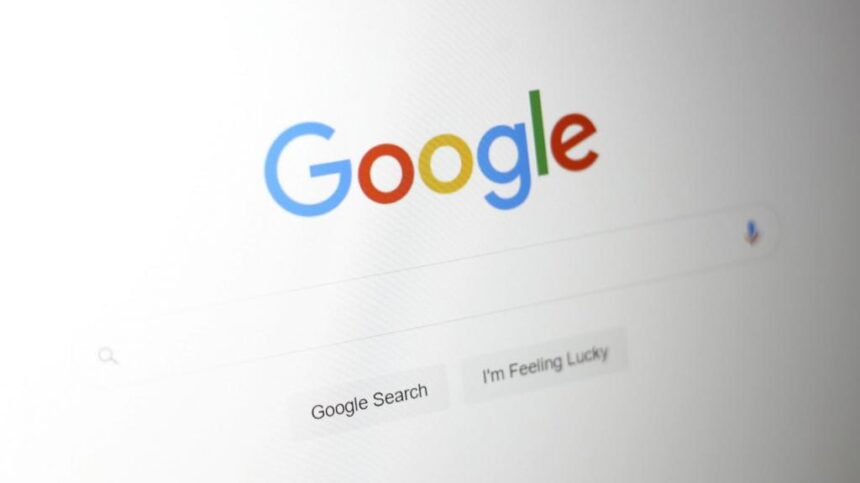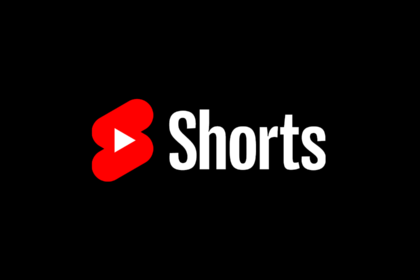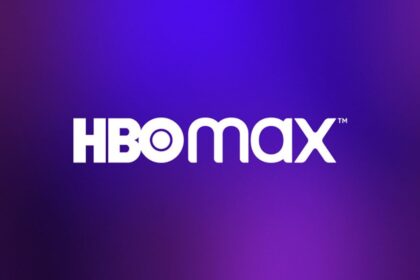Google will be allowed to continue making billion-dollar search distribution deals, including its reported $20 billion agreement with Apple to remain the default search engine in Safari, following a ruling on Tuesday in the landmark U.S. v. Google antitrust case.
U.S. District Judge Amit Mehta determined that banning such payments would cause significant disruption for Google’s distribution partners, such as Apple and Mozilla. Executives from both companies testified in defense of their deals with Google, with Mozilla’s CFO warning that Firefox could struggle to survive without the search partnership.
“Google will not be barred from making payments or offering other consideration to distribution partners for preloading or placement of Google Search, Chrome, or its GenAI products,” Judge Mehta wrote. “Cutting off payments from Google almost certainly will impose substantial—in some cases, crippling—downstream harms to distribution partners, related markets, and consumers, which counsels against a broad payment ban.”
Key Points of the Ruling
- No ban on search engine placement deals: Google can keep paying Apple, Mozilla, and others for default search placement.
- No choice screens required: Google will not be forced to present users with alternatives when setting up devices or browsers.
- No breakup: The court rejected the Justice Department’s request to force Google to divest Chrome or Android.
- Data-sharing required: Google must share some search data with competitors to level the playing field.
Last year, Judge Mehta ruled that Google holds monopoly power in the search and search advertising markets. This week’s decision focused on remedies, shaping how Google can operate going forward. While the ruling largely preserves Google’s business model, it does introduce limited obligations intended to aid rivals.
Google has already indicated that it plans to appeal.











